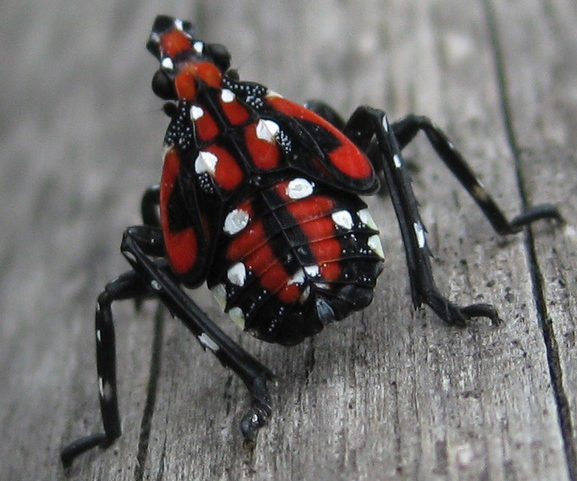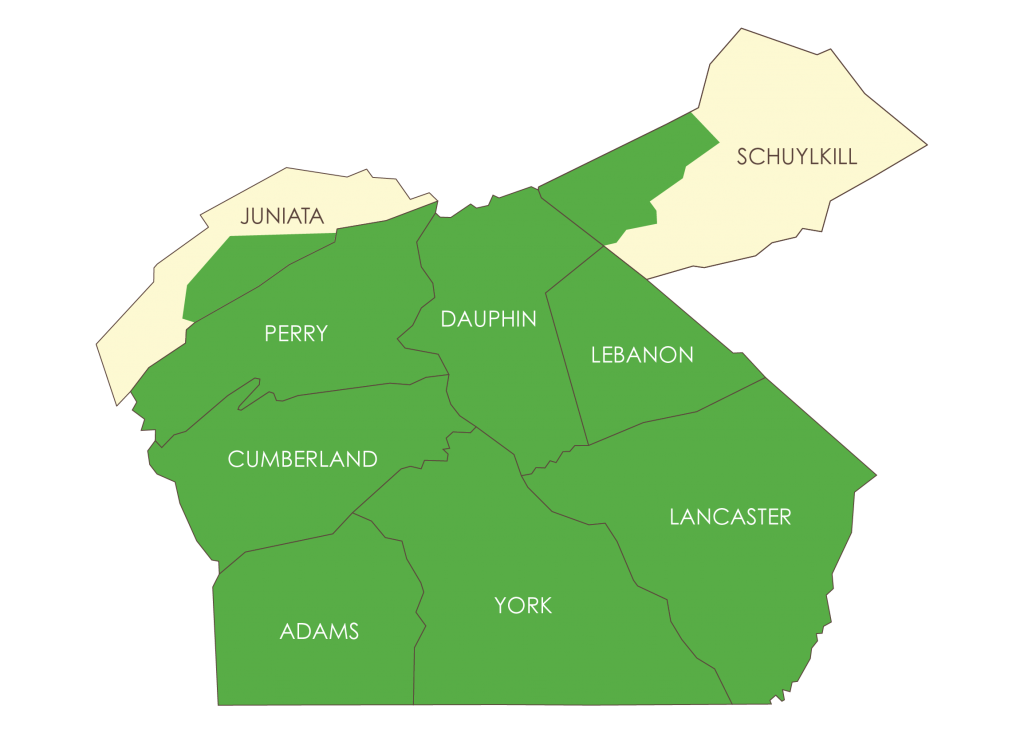The Spotted Lanternfly, also known as lycorma delicatula, was first spotted in Pennsylvania back in 2014. It’s been six years and the spotted lanternfly continues to present a significant threat to Pennsylvania trees and the agricultural industry. But together we can help mitigate this threat. Here’s the latest on stopping the invasion of the spotted lanternfly.
A Reminder on The Dangers
The spotted lanternfly attacks trees, using its piercing-sucking mouthparts to feed on the sap in trunks, branches, twigs, and leaves. As it digests the sap, the insect excretes a substance known as honeydew that, along with sap from these weeping wounds, can attract bees and other insects. The honeydew and sap also provide a medium for growth of fungi, such as sooty mold, which can cover leaf surfaces and stunt growth. Plants with heavy infestations may not survive.
At stake are Pennsylvania’s grape, tree-fruit, hardwood, nursery, and landscape industries, which generate crops and forest products worth nearly $18 billion annually. The insect also can cause damage to home landscapes and can affect the quality of life for residents.
Stopping the Invasion
This pest has already spread to a multicounty area in southeastern Pennsylvania, and sightings have been reported in some neighboring states.
To slow or stop the spread, the Pennsylvania Department of Agriculture imposed a quarantine regulating the movement of plants, plant-based materials, and outdoor household items out of the quarantine area. The following counties are currently under this quarantine:
- Allegheny*
- Beaver*
- Berks
- Blair*
- Bucks
- Carbon
- Chester
- Columbia*
- Cumberland*
- Dauphin
- Delaware
- Huntingdon*
- Juniata*
- Lancaster
- Lebanon
- Lehigh
- Luzerne*
- Mifflin*
- Monroe
- Montgomery
- Northampton
- Northumberland*
- Perry
- Philadelphia
- Schuylkill
- York*
*Counties added to quarantine in 2020.
What You Can do to Help
The best thing any property owner can do is become informed about spotted lanternflies. By becoming informed, property owners can choose to remove and/or treat the Ailanthus (tree-of-heaven) trees on their properties, which attract the insects.
There are also a few control options for homeowners. The best thing to do is call in the professionals. In the fall and winter they can scrape egg masses from trees. In the spring, they can band highly infested trees with sticky tape, to trap the nymphs crawling up the trees to feed. For both nymphs and adults, insecticides can be used.
Please report your sightings of the spotted lanternfly. You can contact us or the Pennsylvania Department of Agriculture. Also, make sure you are not moving any life stage of spotted lanternfly when traveling within or out of the quarantine zone. And finally, tell your friends, family, and neighbors. The more you can spread awareness about the insect, the better chance we have against fighting it!


